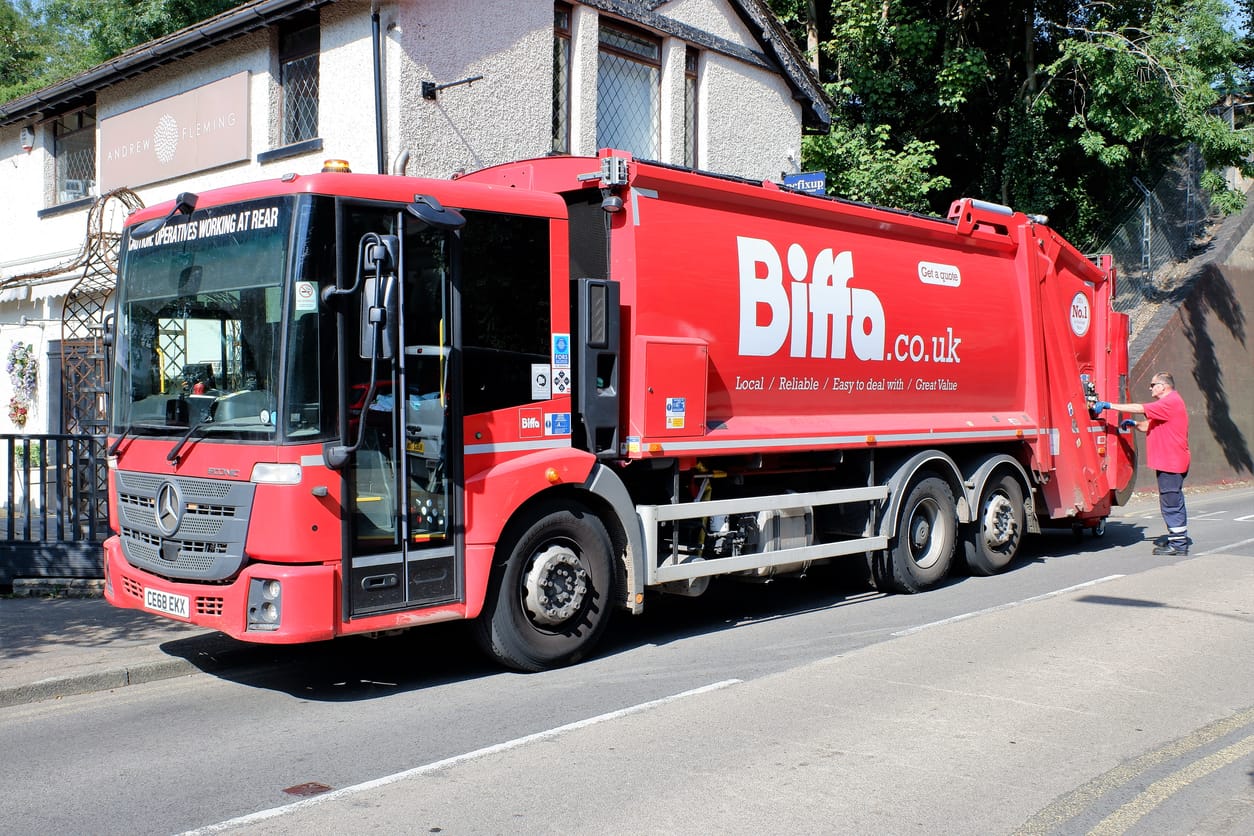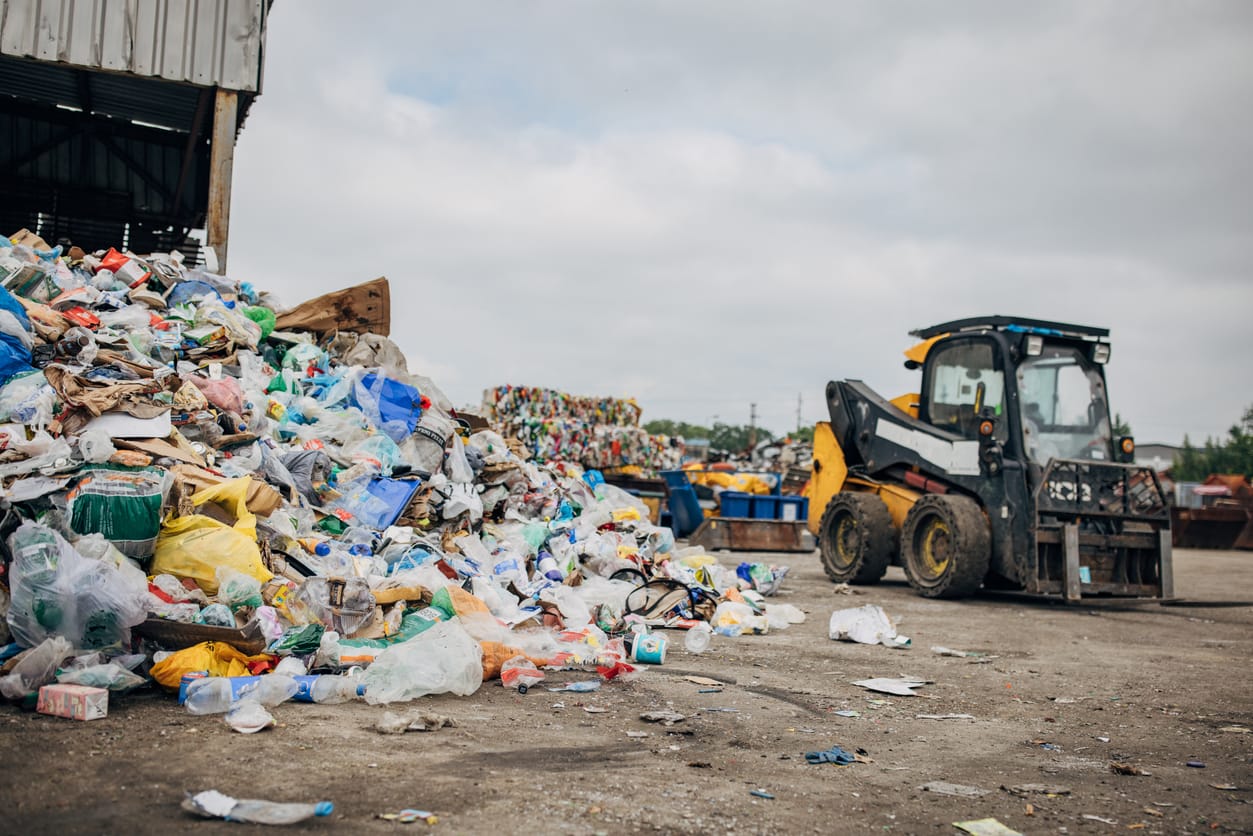Pick from our related articles...
You can find us on
Keep yourself up to date with Let's Recycle It latest news
Contaminated Recycling Costing Taxpayer ‘Millions’
Contaminated Recycling Bins
The recycling industry in the United Kingdom is facing a growing problem as households are more and more often failing to properly dispose of the waste they produce. The last few years have seen this problem steadily increase as residents place greater amounts of non-recyclable waste items, such as food waste or used nappies, in their recycling bins. These items become contaminants; once they have made their way into recyclable waste streams, it becomes an issue that is very costly – in terms of both time and money – to the UK recycling sector.
Why Is Recycling Expensive?
In addition to the general reduction in the efficiency of the recycling process, the cost associated with handling household contaminated recycling waste that has been incorrectly disposed of is staggering. Recycling charity WRAP has calculated that non-recyclable waste mixed in with recyclables costs £93 per tonne to dispose of. Last year alone, 647,000 tonnes of recycling waste were rejected just in England, up from 525,000 tonnes the year before.
This means, based on WRAP’s calculations, county councils across England had to pay over £60 million to deal with these contaminated recycling waste streams. Any expense such as this that falls on councils to pay is ultimately money coming out of the pocket of the taxpayer. Perhaps households are unaware that by not throwing their rubbish away correctly they are costing themselves a fortune, but that is the reality of it. Their actions also place a financial burden the recycling industry, who must account for the loss of time and material.
Profit margins for recyclers are tight enough already; we all need to be working with the recyclers to make their role, which is paramount in the fight against climate change, as easy as possible, not making life more difficult for them.
County Waste
Durham County Councillor Dan Nicholls revealed in a Durham County Council Environment Scrutiny Committee meeting that a third of the county’s recycling waste was contaminated, and that this was “costing the council millions and millions of pounds of taxpayers’ money.”
Recyclable Paper
The problem is particularly bad at this time of year, while we are still in the immediate aftermath of Christmas. During the festive period people not only produce more waste than they do the rest of the year, but they produce new and unique types of waste. We see the general increases in food waste and packaging waste, but Christmas-specific waste streams also emerge.
Wrapping paper is one of the main offenders in this; people often instinctively think that wrapping paper is just paper and therefore can be recycled, but it is often wax coated, has a metallic lining or is coated in glitter and therefore isn’t fit for recycling.
Hillsborough County Council has drawn attention to this particular post-Christmas problem as they themselves try to get ahead of it. As well as non-recyclable wrapping paper, Travis Barnes, Hillsborough County Recycling Coordinator, said that actual Christmas decorations, such as baubles and Christmas lights, are also frequently found in amongst kerbside recycling. He stressed that these items should never be placed in with recycling waste, as the lights can get tangled around the recycling machinery. This can result in damage to the machinery or can cause the entirely recycling facility to have to shut down to safely disentangle the lights.
Kerbside Collection
Many councils have spoken of the financial toll that contaminated recycling waste is taking on them. Last year, Warrington Borough Council reported that 2,516 tonnes of kerbside recycling waste were rejected, which cost Warrington taxpayer an estimated £233,988. Things are even worse in Bradford, where a Bradford Council spokesperson revealed that 45% of the 40,000 tonnes of kerbside recycling was contaminated. This means that the Bradford taxpayer is left with the bill for these 18,000 tonnes of waste, which totals over £1.5 million.
Governments and local councils desperately need to improve the way they educate the population about how to properly dispose of their household waste, as well as why it is so important that they do. The implications of contaminated recycling waste costs the taxpayer millions of pounds every year and places severe financial pressure on the recycling industry.
At Let’s Recycle It Ltd, we believe wholeheartedly in the power of education. It is why we work closely with our clients to help them properly sort their waste, and it is why we have run countless workshops over the years to educate the population – especially young people – in the importance of recycling and responsible waste disposal practices. We want to see government at all levels working to make effective recycling accessible and straightforward for every single person in the UK.
Follow us to stay up to date on our latest news
If you would like to receive our newsletter to keep up to date with Let’s Recycle It news and to receive marketing information regarding our services, please let us know:


